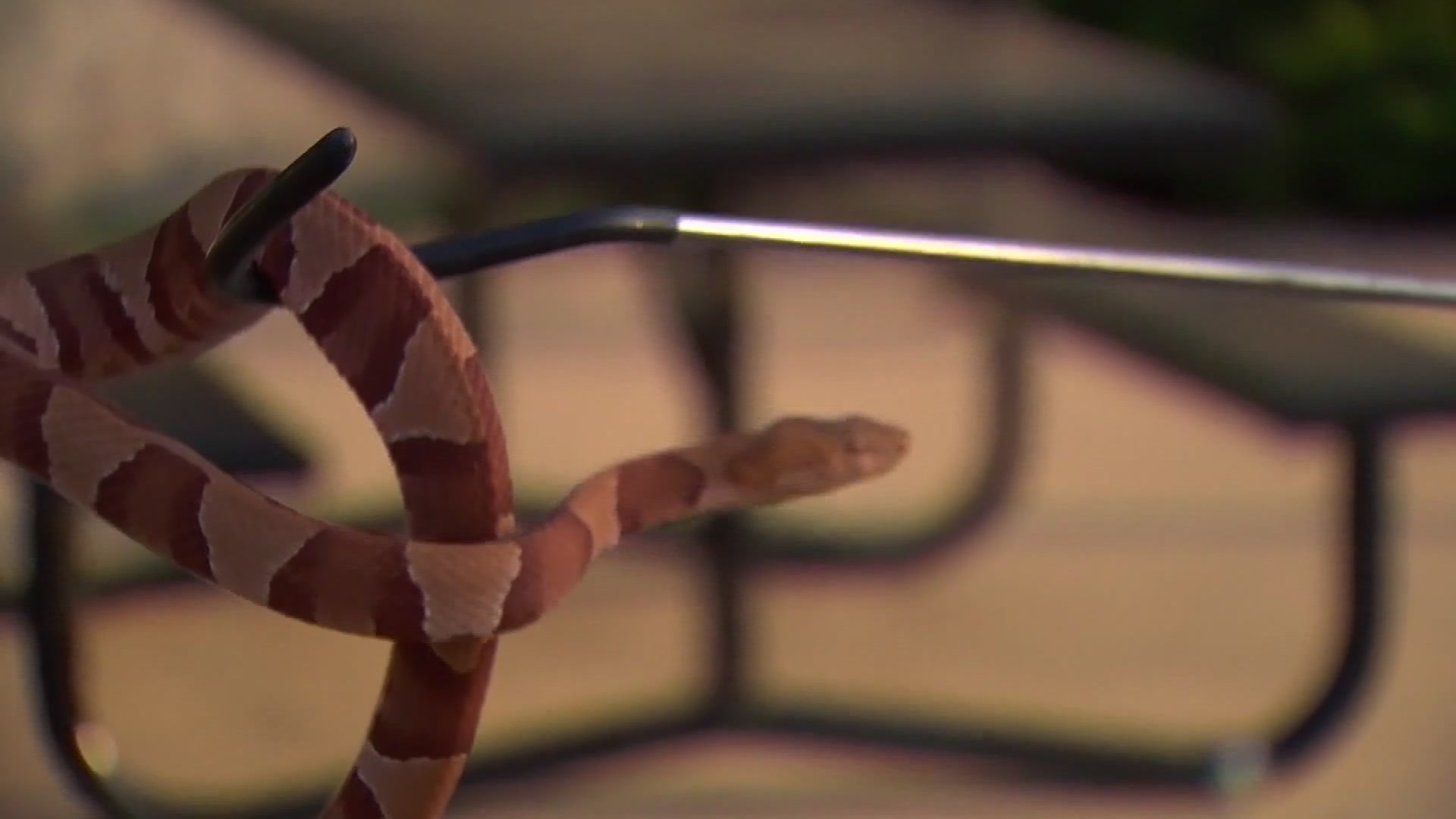Organ transplant patients can wait up to seven years for a matching donor, and even then, the ten year survival rate is only about 57 percent with some transplants.
Now, scientists are diagnosing problems much earlier through a blood biopsy. A simple blood test provides critical information to extend patients’ lives.
Heart and lung transplant patients can go through 12 to 15 invasive surgical biopsies in just a few years.
“We do this because we have no good way of doing surveillance on our patients,” said Prashanth Vallabhajosyula, MD, MS, Assistant Professor of Cardiovascular Surgery at the Perelman School of Medicine at the University of Pennsylvania.
With a simple blood draw, doctors look for exosomes, tiny packets released by cells into the bloodstream. They carry molecular information that could indicate early signs of organ rejection.
Dr. Vallabhajosyula explained, “It turns out these exosomes can be picked up that are released by these transplanted organs and more importantly, their profile seems to change very early on in the rejection process, which for us is very critical.”
That’s because the exosomes carry proteins that are identical to the cell releasing them. Doctors then analyze that genetic code, which provides a biomarker of the patient’s progress.
Local
The latest news from around North Texas.
“If we can have a blood test that can work as the first line of assessment and surveillance, and then follow up with a biopsy if there is any suspicion it would make a huge difference.” said Dr. Vallabhajosyula.
It could mean increased quality of life for the patient, as doctors look deep inside the genetic makeup of the cells.
“What’s inside is like a postcard that conveys the state of the organ. The cells in the organ - whether they’re happy, whether they’re under stress, or whether they’re under attack,” said Doctor Ali Naji of the Perelman School of Medicine in Philadelphia.
Elements that will let doctors monitor any organ, without additional surgery.
More than 30,000 transplant surgeries are performed each year in the U.S. The PENN doctors say the early detection by blood biopsy could enable doctors to keep transplant recipients healthier, if further studies confirm this particular approach.




